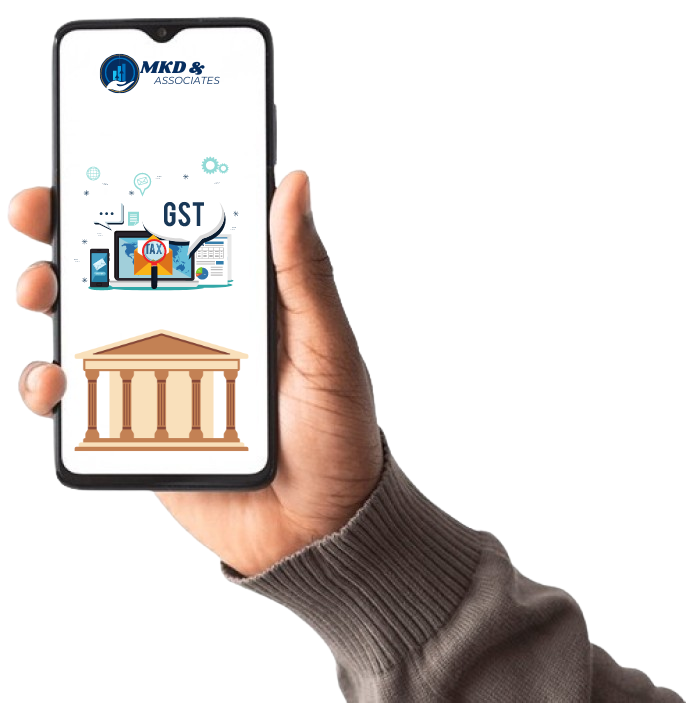
Who We Are
Welcome to M K DWIVEDI & ASSOCIATES Law Firm
M K Dwivedi & Associates, established in 2008, is a premier law firm specializing in GST registration and compliance.
Our expert team delivers tailored legal solutions, ensuring seamless compliance and providing strategic guidance to support your business’s growth and success.















